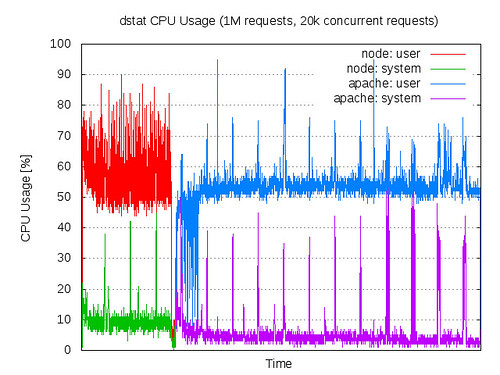Node Js Php Serialize Function
Synchronize and serialize function or tasks on node js. Ask Question. Up vote 0 down vote favorite. I am stacking on this problem since a week, it's a problem of synchronize on Node JS. The process that I want to do is: 1- check the existence of table (collection). -->if not insertion of data. 2- if the table was created, then i have to find. Jun 21, 2017 - Data serialized by PHP should be deserialized by PHP, since it is a format proper to that environment. It would be unwise to use a JavaScript deserialize function when you have the possibility to do that in PHP itself. So do this in PHP: // Deserialize your data $data11 = unserialize($row['data']); // JSON. The sqlite3 module provides you with two methods for controlling the execution flow of statements. Execute statements in serialized. Node.js; SQLite PHP.

Parameters value The value to be serialized. Serialize() handles all types, except the -type. You can even serialize() arrays that contain references to itself. Circular references inside the array/object you are serializing will also be stored. Pl I To Cobol Converter Temperature. Any other reference will be lost. When serializing objects, PHP will attempt to call the member function prior to serialization.
This is to allow the object to do any last minute clean-up, etc. Prior to being serialized. Likewise, when the object is restored using the member function is called.
Note: Object's private members have the class name prepended to the member name; protected members have a '*' prepended to the member name. 10 Ejemplos De Software De Sistema Yahoo Calendar. These prepended values have null bytes on either side. DO NOT serialize data and place it into your database. Serialize can be used that way, but that's missing the point of a relational database and the datatypes inherent in your database engine.
Doing this makes data in your database non-portable, difficult to read, and can complicate queries. If you want your application to be portable to other languages, like let's say you find that you want to use Java for some portion of your app that it makes sense to use Java in, serialization will become a pain in the buttocks. You should always be able to query and modify data in the database without using a third party intermediary tool to manipulate data to be inserted. I've encountered this too many times in my career, it makes for difficult to maintain code, code with portability issues, and data that is it more difficult to migrate to other RDMS systems, new schema, etc. It also has the added disadvantage of making it messy to search your database based on one of the fields that you've serialized. That's not to say serialize() is useless. A good place to use it may be a cache file that contains the result of a data intensive operation, for instance.
There are tons of others. Just don't abuse serialize because the next guy who comes along will have a maintenance or migration nightmare. If you are going to serialie an object which contains references to other objects you want to serialize some time later, these references will be lost when the object is unserialized. The references can only be kept if all of your objects are serialized at once. That means: $a = new ClassA(); $b = new ClassB($a); //$b containes a reference to $a; $s1=serialize($a); $s2=serialize($b); $a=unserialize($s1); $b=unserialize($s2); now b references to an object of ClassA which is not $a. $a is another object of Class A. Use this: $buf[0]=$a; $buf[1]=$b; $s=serialize($buf); $buf=unserialize($s); $a=$buf[0]; $b=$buf[1]; all references are intact.